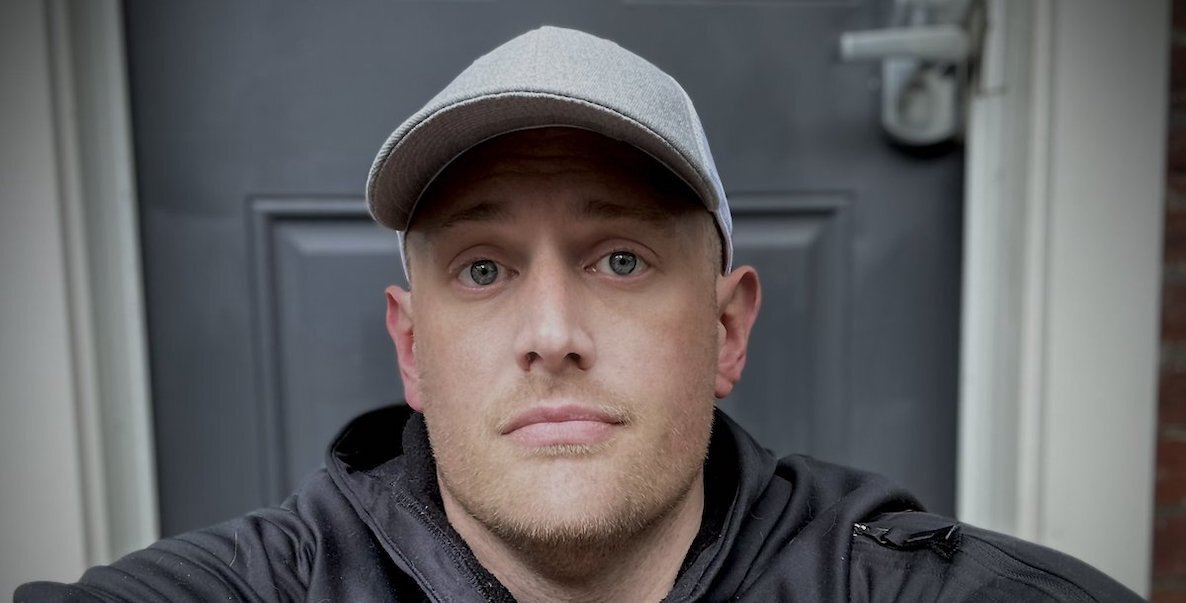The last time I heard from journalist Josh Kruger, who was horrifically killed inside his house early Monday morning, he was, as he often was, angry and generous and passionate and personally invested in advocating for the well-being of struggling Philadelphians.
It was a few days after City Council voted to ban safe injection sites from all but one Council district, a move he called out as “cowardice.” He went on:
Everyone is confusing the issue of what safe injection sites are. They will reduce overdose deaths. That’s it. They won’t end addiction; they won’t reduce crime; they won’t get you your morning coffee, either. But they will see fewer OD deaths. Given we had about 1,100* of those every year the past few years, to me, it’s a no-brainer.
Shame. Shame. Shame.
And, yes, I would welcome one down the street from my house. I already live down the street from a homeless shelter and a few blocks from a methadone clinic. I’m not so crazy as to think my property values are more important than someone’s cousin.
That, in a nutshell, was the Josh Kruger I knew since 2015, when he was among The Citizen’s first contributors. An immensely talented writer with an insatiable passion for telling the real truth about hard issues, he brought to his work a lifetime of experiences over just 39 years: An HIV-positive gay man who was formerly addicted to IV drugs and had lived on the street, he became a storyteller and a journalist, then worked for the Kenney administration in communications and in the Office of Homeless Services.
Josh returned to journalism a couple years ago intent on calling out those in power who are failing the hardest hit among us, who worry about language and optics, who are inefficient where efficiencies could save lives, who fret over things like property values rather than, as he said, someone’s cousin’s life.
Earlier this year, he was compelled to write as a former city employee about the humanitarian disaster in Kensington:
Do not mistake me for a callous, indifferent, or unqualified guy just spitballing here. And I’m certainly not one of those “City Hall is awful” types, either. They contribute nothing to the conversation. Rather, my opinion is informed both by firsthand experience as well as professional expertise and knowledge.
[…]
The City needs to stop treating Kensington like the scenes we saw in The New York Times recently are remotely acceptable. It’s not just a matter of equal protection under the law — after all, how is it OK for government to allow lawless misery in one area of the city but not other areas?
It’s also a matter of common decency and humanity.
Kruger was most passionate when he wrote about the plight of people living on the streets, giving voice and clarity to those we’d rather not see. The first and one of the last pieces he wrote for The Citizen were both calls to solve what he saw as the solvable problem of housing for those most in need, starting with what should be a given — acknowledging their humanity. This is from 2015:
Want to know how many people respond to the pain of others? Try sobbing on a bench in Rittenhouse and see how passersby react; or, asking people for a sandwich and see how, in between the gruff negative responses, some will take the opportunity to lecture you about American entrepreneurship.
At least those people respond, though. It’s the vast majority of people who don’t respond at all that hurts the most.
About a year ago, he revisited the issue, calling out the growing trend of “tiny homes” for the homeless:
There are three reasons why tiny houses are really a huge problem for society: They cost too much and help too few; they don’t end homelessness, they sustain it; and they advance the idea that homeless people are subhuman.
First, the most inflammatory of my claims deserves immediate explanation. What do you keep in a shed in the backyard? Would you keep your mother in a shed or kennel with no running water? Why is this viewed as a great idea when it’s applied to people experiencing homelessness?
And just last month, he balked at the push to change how we refer to people living on the street — not how we solve the problem of homelessness:
We should feel offended or unsettled when we hear the word “homeless” not because we stigmatize those experiencing it but because we are ashamed at our own moral culpability in its existence and the continued harm it inflicts on the most vulnerable.
Do you see the common theme here? Decency. Humanity. Common sense. A love for people in the city of Philadelphia, a love for Philadelphia and dismay at those who would let her down.
It is a sad irony to me that the last story Kruger wrote for us was a remembrance of the late Temple President JoAnne Epps, a woman he had never met, but whom he felt called to learn more about because of the love she clearly shared with everyone who knew her. “Epps was apparently the best of Philly,” he wrote in an email to me. “And we should all work up to be remembered as she is, to where someone who doesn’t know us can easily report on our public and private work as so very important and person-centric.”
RIP, Josh. Mission achieved.
Here are some of Josh Kruger’s stories for The Citizen:
*On Monday, October 2, the Department of Health announced more than 1,400 Philadelphians died from overdoses in 2022.
![]()



